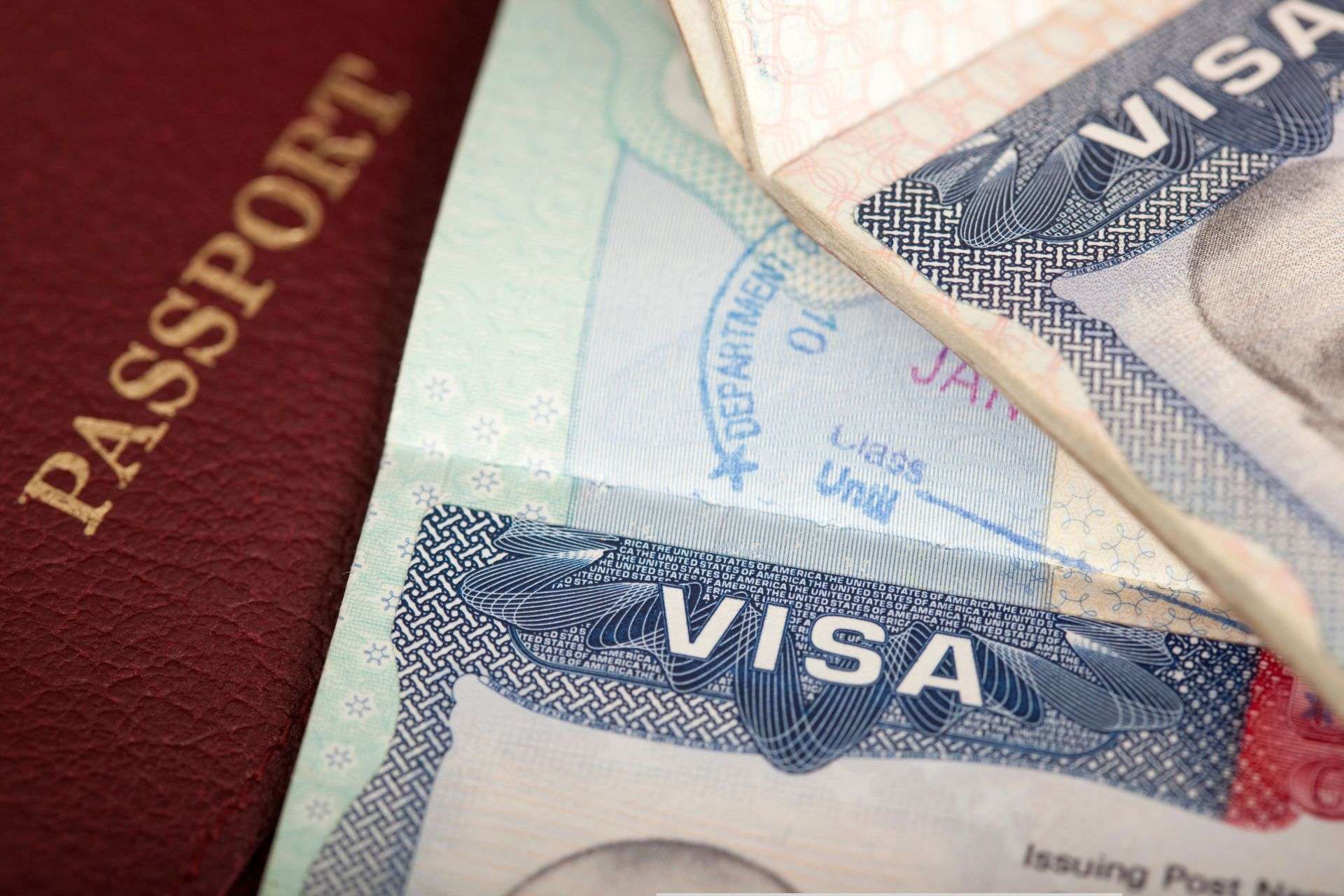PERM | Permanent Labor Certification
PERM is the first step in the process when starting some I-140 categories of immigrant intent employment visas. The process itself depends on the program being used. The permanent labor certification (PERM) is issued by the Department of Labor (DOL) and allows approved employers to hire foreign talent to work permanently in the U.S. In most cases, the employer must first have an approved PERM prior to filing for a visa through United States Citizenship and Immigration Services (USCIS). The process of completing the PERM is handled by the employer, but it does help for potential employees to understand the process.
Qualifications
-
The employer must prove hiring a foreign worker to fill a U.S. job doesn't have a negative impact on job opportunities, wages, and working conditions
-
The Department of Labor (DOL) must verify that there are not enough U.S. workers available, willing, qualified, and able to fill the role requested to be filled by foreign talent
-
Once the verification is complete, the employer must submit information to United States Citizenship and Immigration Services (USCIS)
What You'll Need
-
Labor certification is required for the following categories: (1) Second preference, EB-2, unless a national interest waiver is available; (2) Third preference, EB-3
-
Noncitizens employed in the U.S. may have tax obligations which is important for all individuals to expect
Questions? Contact us.
Whatever your immigration issue may be, we are here to help. Our team of attorneys and staff work hard to help you reach your goals.
FAQs
No, there is nothing for the individual foreign worker to do to help with the PERM process. Filing for the PERM certificate is done by the employer, prior to being able to offer employment to the individual.
No. The entire PERM process, from initial filing and maintenance, is up to your employer.
The PERM certificate solely gives the employer the option to hire a foreign worker. There are no benefits related to the PERM itself. However, depending on your visa classification for your specific situation, there may be other information requirements and benefits. It’s always best to check in with an immigration attorney to make sure you are in compliance.
You may be represented, at no expense to the U.S. government, by an attorney or other duly authorized representative. Your representative must submit Form G-28, Notice of Entry or Appearance as Attorney or Representative. Your representative may also submit Form G-28 at the time of your interview.
Immigration issues can be quite complicated. Combine that with the current rate of change in U.S. policies, it can be hard to keep up. Our team puts their experience to work for you and your particular situation. We work hard to stay on top of policy changes and are prepared for changes down the line. We offer patented online software, MyEsq, that streamlines the filing process and makes our knowledgeable team of lawyers just a click away.
Latest News
Stay up-to-date on the latest developments in U.S. Immigration.
CHNV Termination Affects Major GOP Voter Base
The recent termination of the Cuba, Haiti, Nicaragua, and Venezuela (CHNV) parole program by the U.S. Department of Homeland Security (DHS) could …
A federal judge temporarily halted the efforts of the Department of Homeland Security (DHS) to end TPS protections for thousands of Venezuelans …
DHS Oversight Offices Dismantled
As part of a broader reduction in force across the federal government, the Department of Homeland Security (DHS) had multiple oversight offices …
FY 2026 H-1B Selection Process Complete
The U.S. Citizenship and Immigration Services (USCIS) completed the H-1B selection process for the 2026 fiscal year (FY). The agency received enough …




